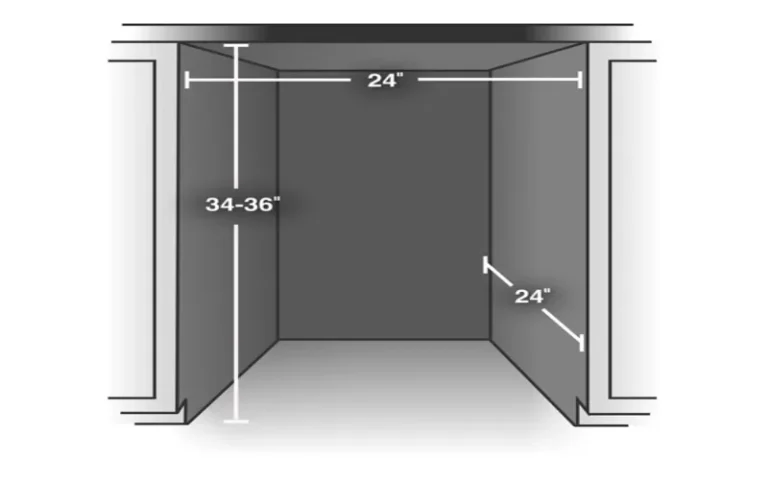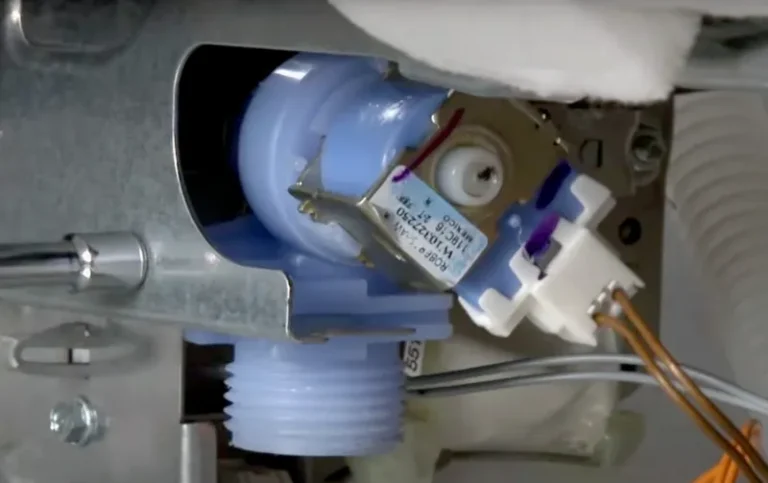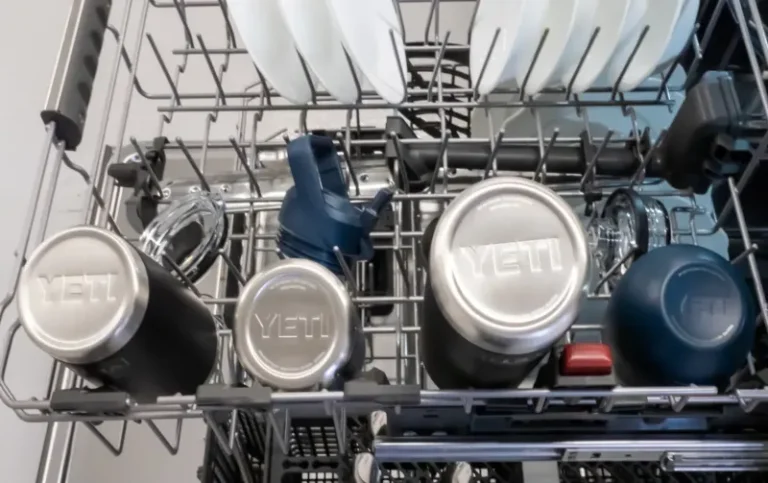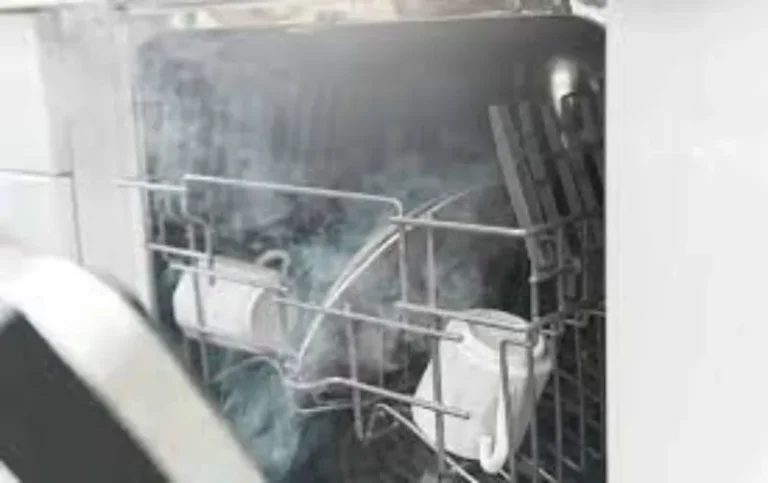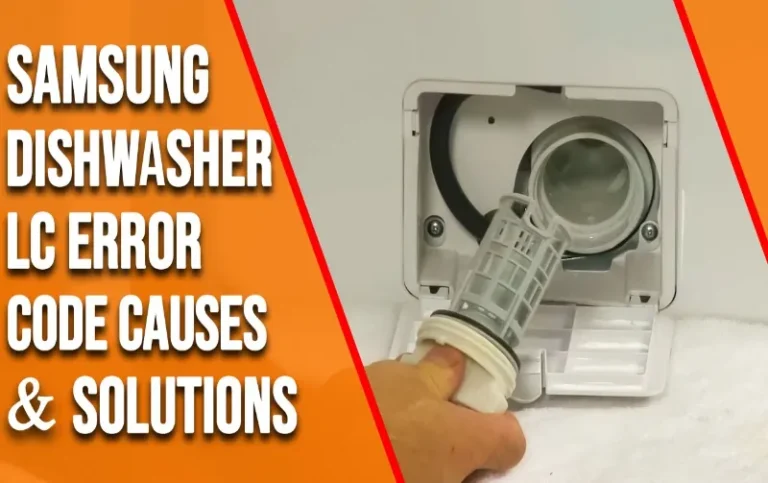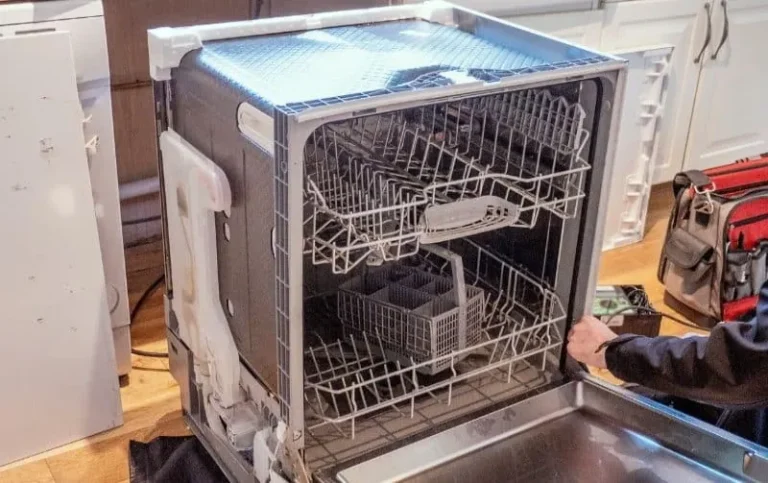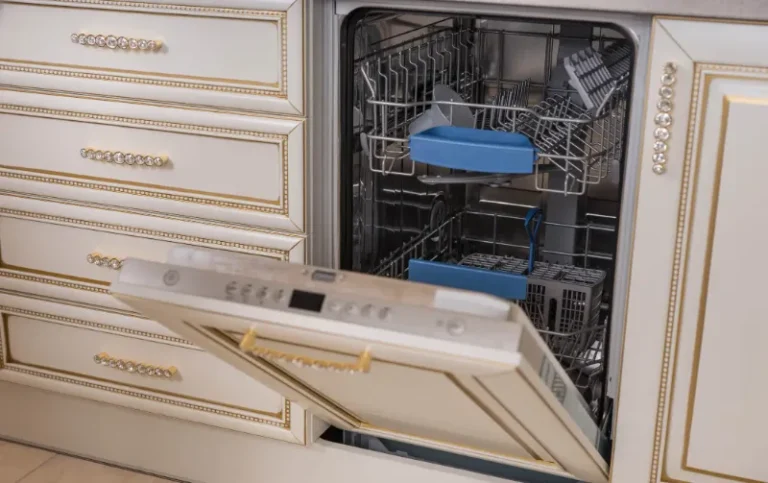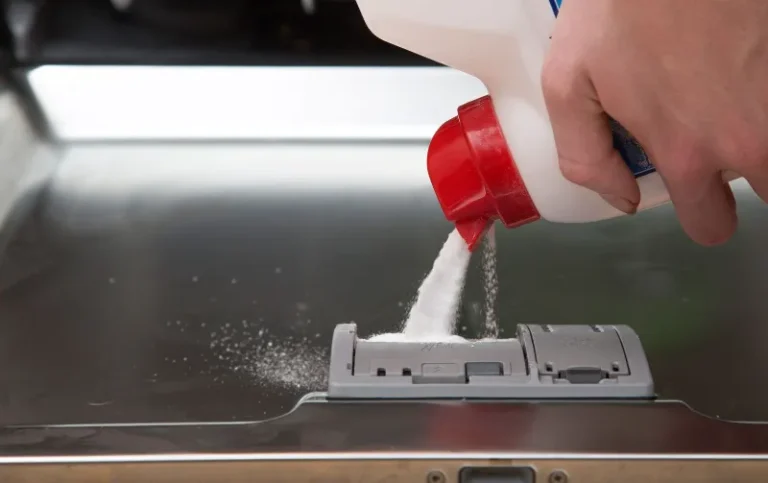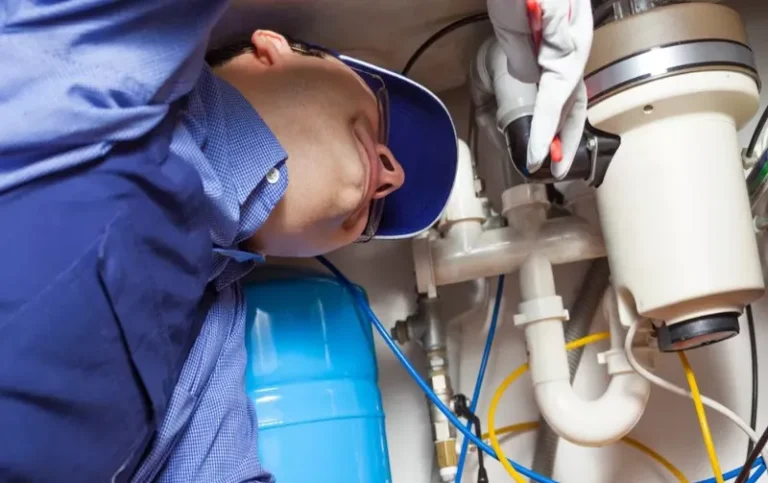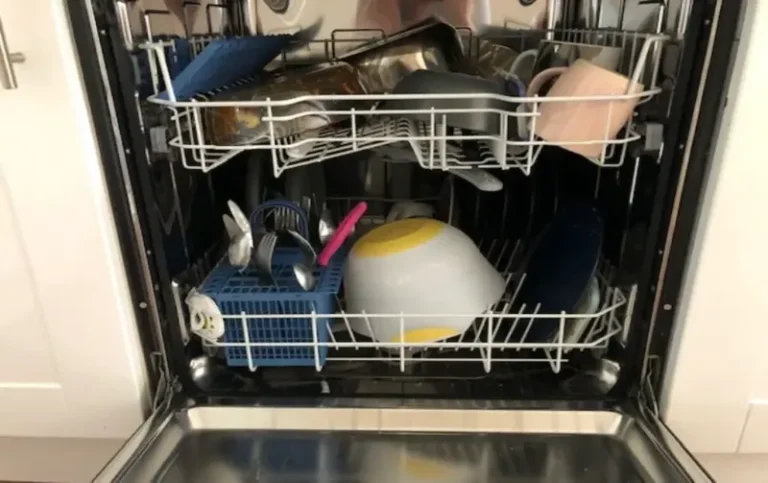What Size Dishwasher Do I Need: The Ultimate Guide to Choosing the Right Size
When determining the size of the dishwasher you need, consider the available space and the capacity required for your household. A standard 24-inch dishwasher is suitable for most households, while compact 18-inch dishwashers are ideal for smaller kitchens or single occupants. If you have a large family or frequently host gatherings, opting for a larger-capacity…

